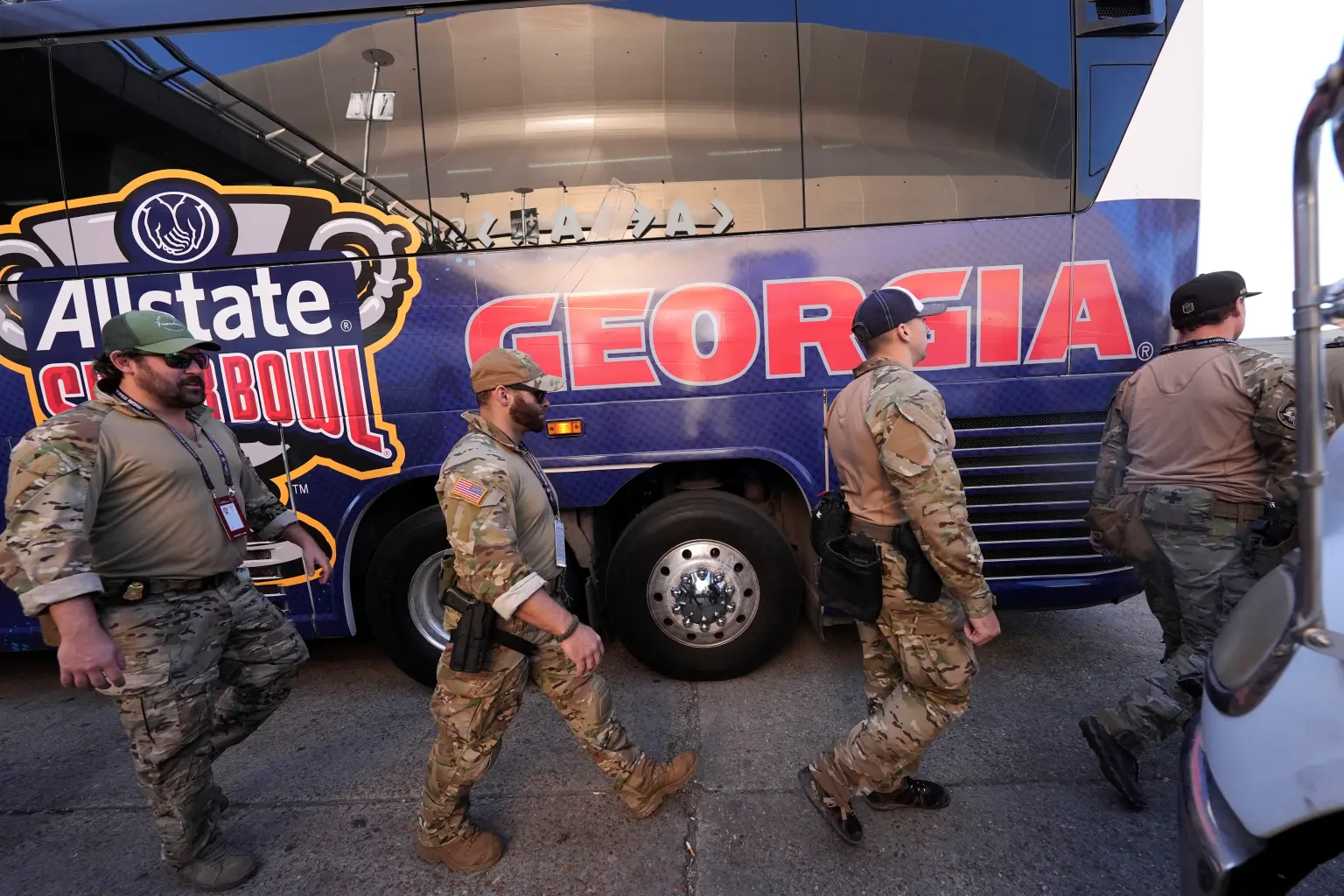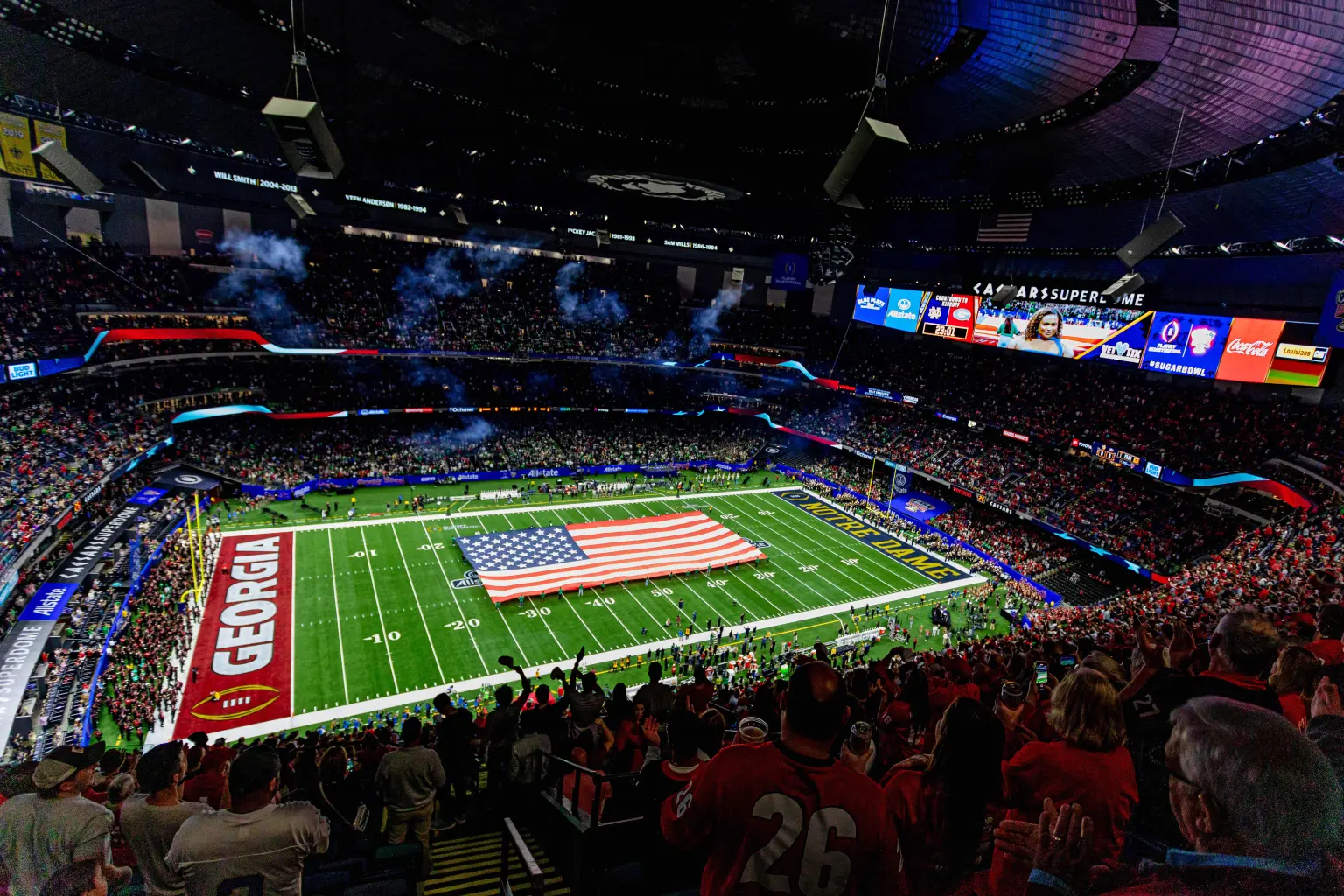ESPN’s president of content, Burke Magnus, admitted that the network made a “huge mistake” by not airing a pregame moment of silence and the national anthem during the Sugar Bowl in New Orleans on January 2.
This decision came the day after a terror attack on Bourbon Street, which resulted in 14 deaths and over 20 injuries. The omission of these moments during the broadcast drew significant backlash, especially on social media.
In an appearance on “The Sports Media Podcast” published Thursday, Magnus called the incident a “human error” and emphasized that it was the result of a team in Bristol, Connecticut, making a significant mistake. He acknowledged that the day’s programming was already disrupted, with “SportsCenter” airing instead of the usual “College GameDay.”
Despite offering several explanations for the unusual circumstances, he admitted that the error was a major mistake. “It wasn’t that, it was ‘SportsCenter,’ which is done out of Bristol instead of on-site,” Magnus explained. “That was just a horrible error that was made by a group of really well-intentioned people who feel terrible about it.”

While many criticized the network, Magnus reaffirmed that the error was not intentional. ESPN did air a montage of fans bowing their heads with an American flag at the start of the game, though the full moments of silence and anthem were only shown by the SEC Network.
Magnus further clarified that ESPN’s team was in commercial when the national anthem played, and the mistake was “not up to our standards.” Despite this, he defended the network’s overall record, stating that they have regularly aired the anthem for College Football Playoff games, including the Sugar Bowl, and for NFL playoff games.
Former ESPN host Sage Steele was among those who suggested the network intentionally omitted the moment of silence and anthem, but Magnus rejected that idea, calling it “misplaced.”
The backlash comes as the Sugar Bowl, a high-profile game, was already under additional scrutiny due to the tragic events in New Orleans, making the moment of silence and national anthem even more significant for many viewers. The controversy over ESPN’s broadcast raised questions about the network’s responsibility and how it handled such a sensitive moment.
